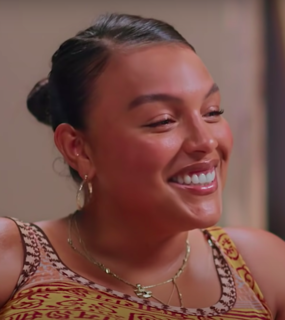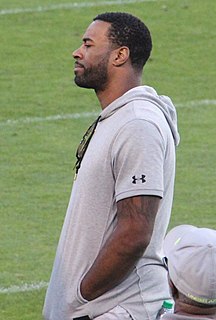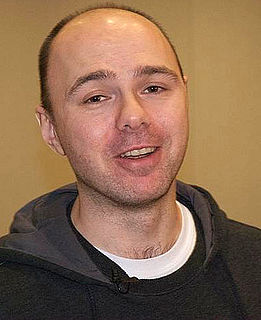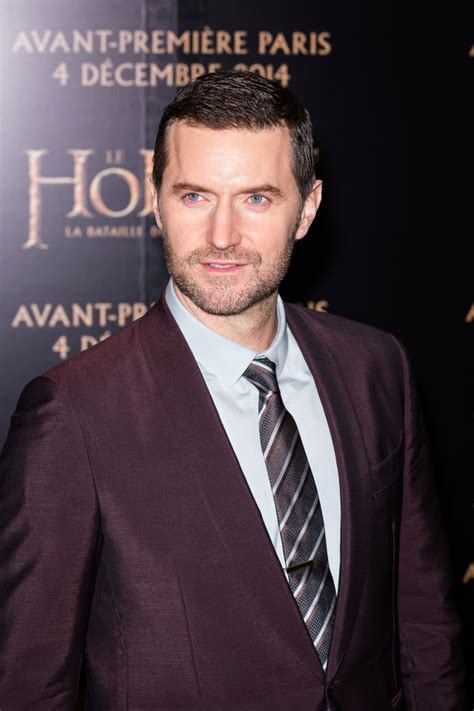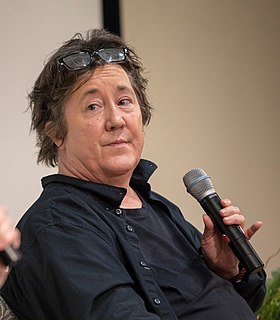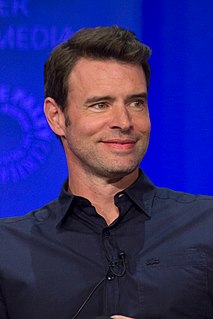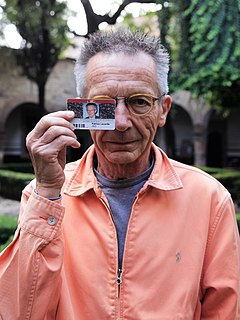A Quote by Bill Hader
In 'Winter's Bone,' it's literally the director and the camera operator. That's it. Just a super-small Kubrick crew. You know what I mean? Like, 8 people.
Related Quotes
It's so easy to disappear into your character because there isn't all this fuss around you, and we keep a closed set, and closed off to all crew members, even, unless we're cut. A lot of times, you're doing a scene in a movie and there are literally 35 people standing behind the camera all waiting to do their job, but here they have to be off the stage. On The Office, it is very much just the actors, a cameraman and a boom operator, like a real documentary, like we really are being documented.
At age 12 I had an obsession with Kubrick's A Clockwork Orange and then proceeded to watch all the other Kubrick films I could including a doc called Stanley Kubrick: A Life in Pictures in which it was revealed to me that he started as a photographer...I got a camera sometime shortly after, but spent many years just photographing flowers in my neighborhood.
The International Girl Crew isn't supposed to be super exclusive - that's a really important part of our brand and message. It's not just our crew - it's a lifestyle. It's for everybody to know how empowering it is to be surrounded by friends who motivate and support you and who you feel like you can exchange ideas with and do projects with.
When I move from being a cameraman to being a director I looked at a lot of other cameramen who tried to make the move. And in each case they moved up their camera operator to be the DP, which really meant they didn't want to give up being the DP, and really wanted to do both. And my feeling was if I was going to succeed as a director, I had to just be a director and give up the safety net of being a cameraman.
To go into more specifics regarding actors, whether they're from Korea or the U.S., all actors know if they are loved by the director. When they feel that love from the director, they respond by giving a great performance on camera. Also, everyone on set - the crew, the actors - they were aware of the film's message and its broad theme, so these big issues were never discussed on set.
'Griot' is a French word which means, you know, really, literally, 'cry.' You know, like the town crier. You know, they come in and say, you know, 'It's nine o'clock; everything is cool.' You know, 'President Bush is a fool.' I mean, stuff like that just to tell you. But for the kind of, the African thing is called djali.




